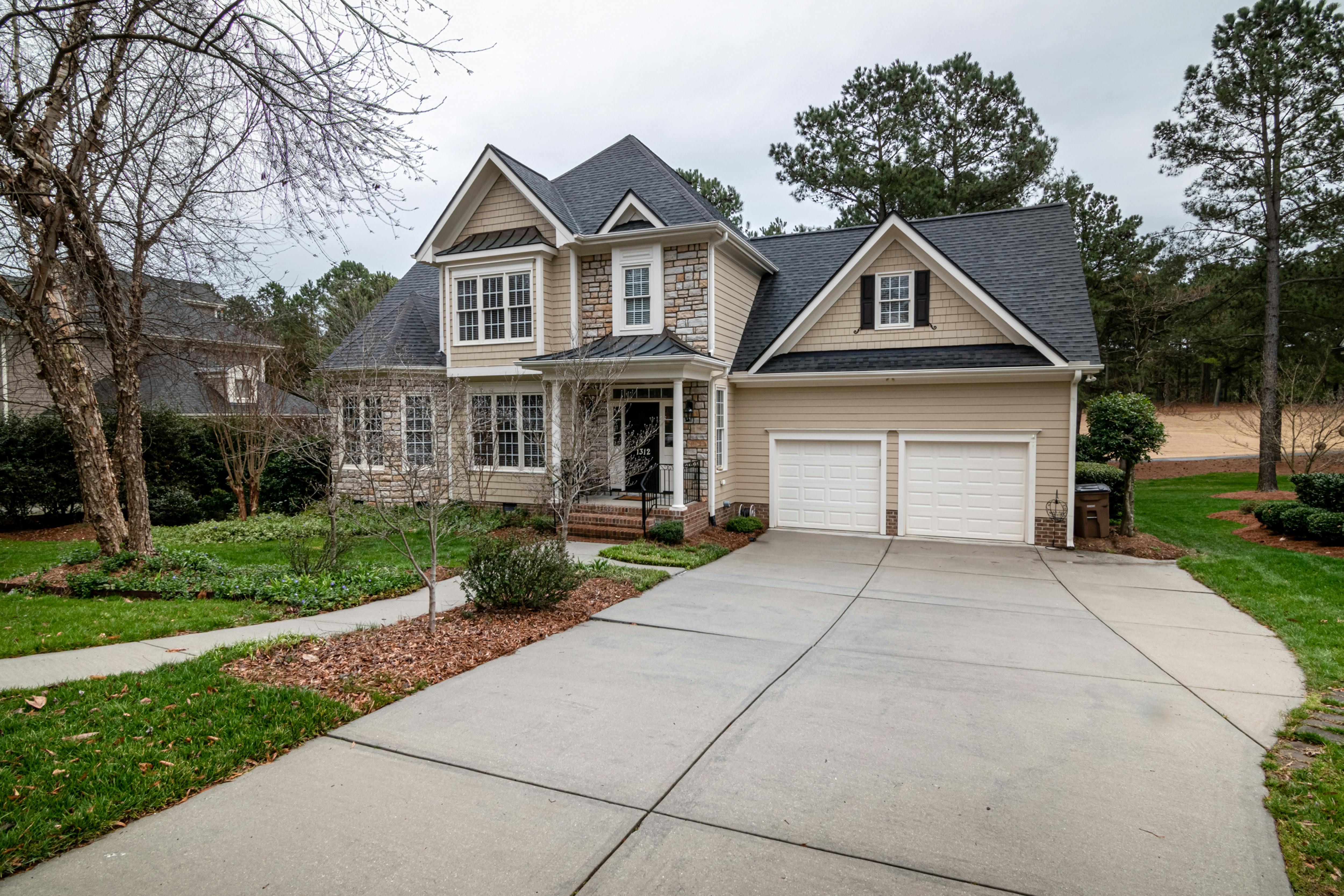Published on
September 7, 2025

When Should I Refinance?
It's generally a good time to refinance when mortgage rates are 2% lower than the current rate on your loan. It may be a viable option even if the interest rate difference is only 1% or less. Any reduction can trim your monthly mortgage payments. For example, your payment, excluding taxes and insurance, would be about $770 on a $100,000 loan at 8.5%. If the rate were lowered to 7.5%, your payment would then be $700, saving you $70 per month. As a result of refinancing, your total finance charges may be higher over the life of the loan. Your trusted broker can help you calculate your options.
Should I Refinance if I Plan on Moving Soon?
Most lenders charge fees to refinance a loan. So, if you plan to only stay in the property for a couple of years, your monthly savings may not accumulate enough to recoup these costs. For example, if a lender charged $1,000 to refinance your loan, resulting in a $50 monthly saving, it would take 20 months to recoup your initial costs. Some lenders will charge a slightly higher than average interest rate on refinance loans but will waive all costs associated with the loan. This will depend on the interest rate on your current loan.
How Much Will It Cost Me to Refinance?
Starting with an application fee of $250 - $350, you may need to pay an origination fee, typically 1% of your loan amount. In most cases, you will pay the same costs you had with your current home loan for the title search, title insurance, lender fees, etc. The total sum could cost up to 2-3% of the loan amount. If you don’t have the funds to pay for associated loan costs, you can search for lenders that offer "no-cost" loans, which will charge a slightly higher interest rate.
What are Points?
A point is a percentage of the loan amount; thus, 1 point equals 1% of the loan. So, one point on a $100,000 loan is $1,000. Points are costs that need to be paid to a lender to get mortgage financing under specified terms. Discount points are fees used to lower the interest rate on a mortgage loan by paying some of this interest upfront. Lenders may refer to costs in terms of basis points, where 100 basis points equal 1 point, or 1% of the loan amount.
Should I Pay Points to Lower My Interest Rate?
Yes, if you plan to stay in the property for at least a few years. Paying discount points to lower the loan's interest rate is a good way to reduce your required monthly loan payment and possibly increase the loan amount that you can afford to borrow. However, if you plan to stay in the property for only a year or two, your monthly savings may not be enough to recoup the cost of the discount points that you paid upfront.
What Does It Mean to Lock the Interest Rate?
Mortgage rates can change from the day you apply for a loan to the day you close the transaction. If interest rates rise sharply during the application process, it can increase the borrower’s mortgage payment unexpectedly. Therefore, a lender can allow the borrower to "lock in" the loan’s interest rate, guaranteeing that rate for a specified time period, often 30-60 days, sometimes for a fee.
I've Had Credit Problems in the Past. Does This Impact My Chances of Getting a Home Loan?
Even with poor credit, getting a home loan is still possible. A lender will consider you a risky borrower, and to compensate for this, they will charge you a higher interest rate and expect a higher down payment, usually 20%-50%. The worse your credit history is, the more you can expect to pay.
I've Only Been Late a Couple of Times on My Credit Card Bills. Does This Mean I Will Have to Pay an Extremely High Interest Rate?
Not necessarily. If you've been late with your payments fewer than three times in the past year, and the payments were no more than 30 days late, you still have a good chance at getting a competitive interest rate. Most lenders will accept certain reasons for this, like an illness or job change, but explanations are required.
Should I Choose the Broker with the Lowest Interest Rate and Costs?
There are two important things to consider when choosing one broker over another: